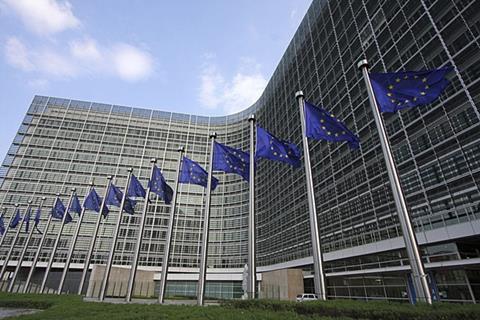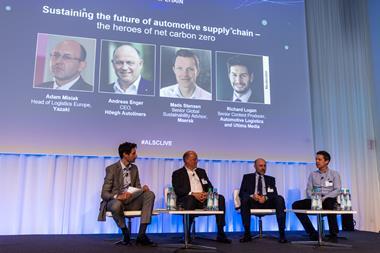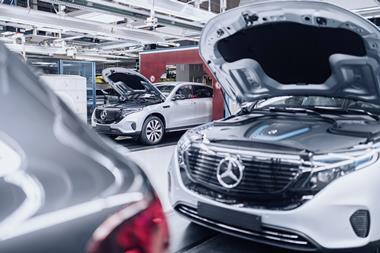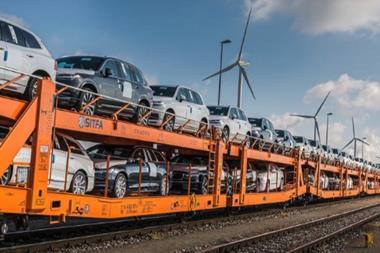The EU has plans to completely decarbonise by 2050. Part of this effort involves completely removing ICE vehicles from European roads by 2035.

Two large prominent German carmakers have issued support to the European Union’s plan to phase out internal combustion engines and replace them with electric vehicles.
Volkswagen called the scheme an “ambitious but achievable goal” and said the industry’s electromobility change was “irreversible.”
“It is the only ecologically, technologically and economically sensible way to replace combustion engines as quickly as possible,” the automaker said.
VW added that the European Parliament’s support helps automakers plan for future security.
Mercedes-Benz also welcomed the ban, with an economic caveat.
“By 2030, we are ready to go fully electric wherever market conditions allow,” the group’s head of external relations, Eckart von Klaeden, told the German Press Agency (DPA).
“The decision puts the onus on policymakers to ensure the necessary infrastructure is in place,” von Klaeden said.
The EU plan involves enforcing a 100% reduction in passenger-car CO2 emissions by 2035 to be an achievable goal.
The regulation aims to eventually completely outlaw sales of new cars with internal-combustion engines among member states after that date.
The parliament supported the plan despite attempts by industry groups, including the German auto association VDA, to soften the reduction goal to 90%.
Eliminating vehicle CO2 emissions comes as part of the European Commission’s “Fit for 55” package to reduce greenhouse gas output.
The European auto industry’s primary lobbying group, ACEA, has signalled general approval for the agenda but called for a halfway progress report to determine post-2030 targets.
Ford Motor, VW Group, Stellantis and Jaguar are among automakers that have committed to ending gasoline and diesel cars in Europe by 2035.







































No comments yet